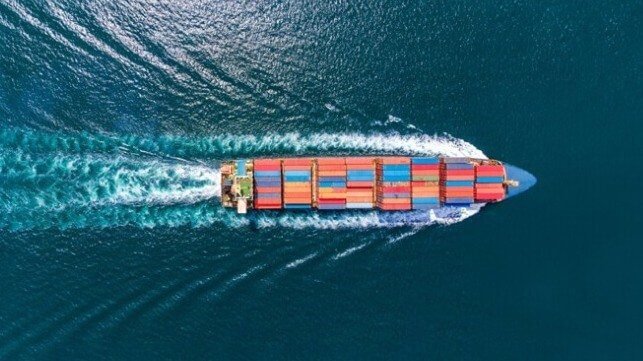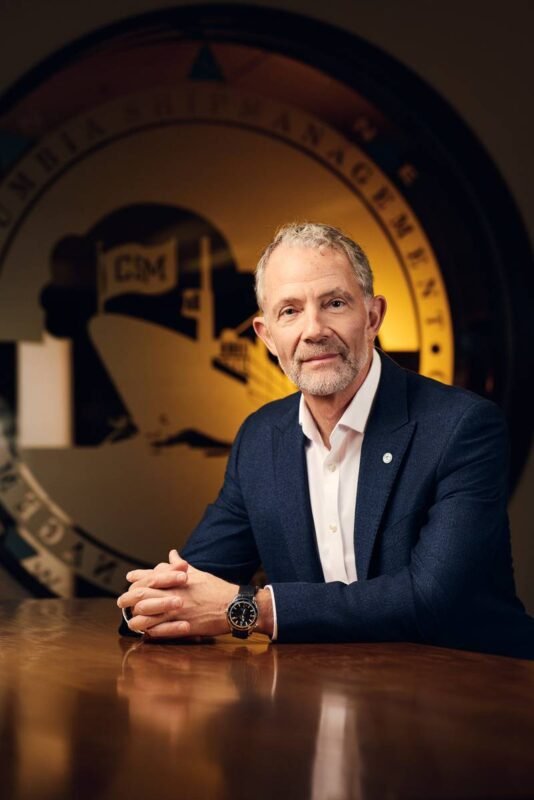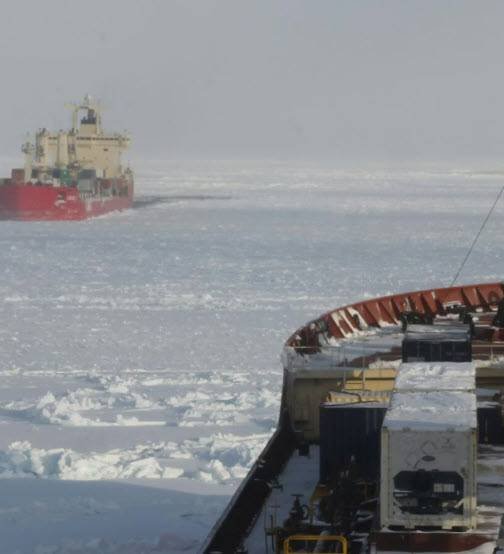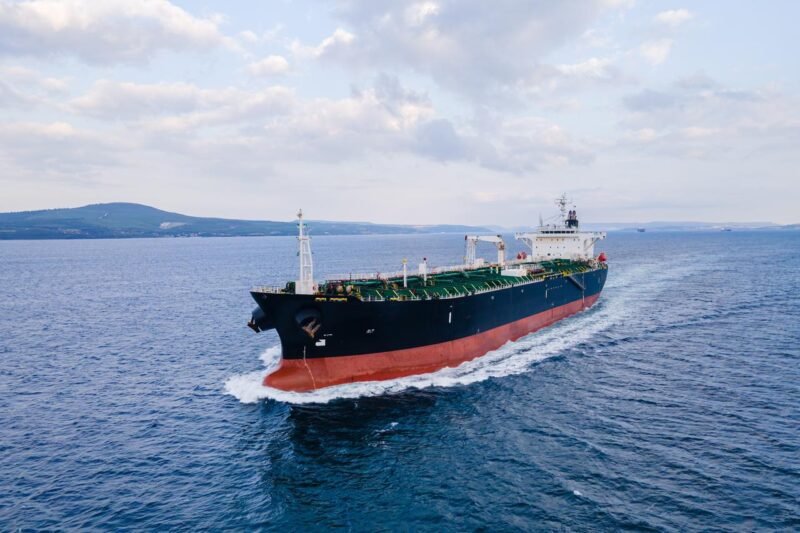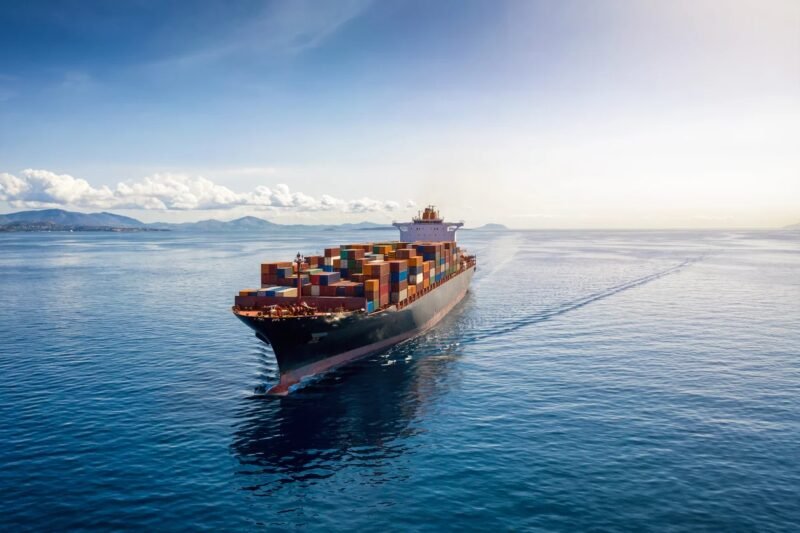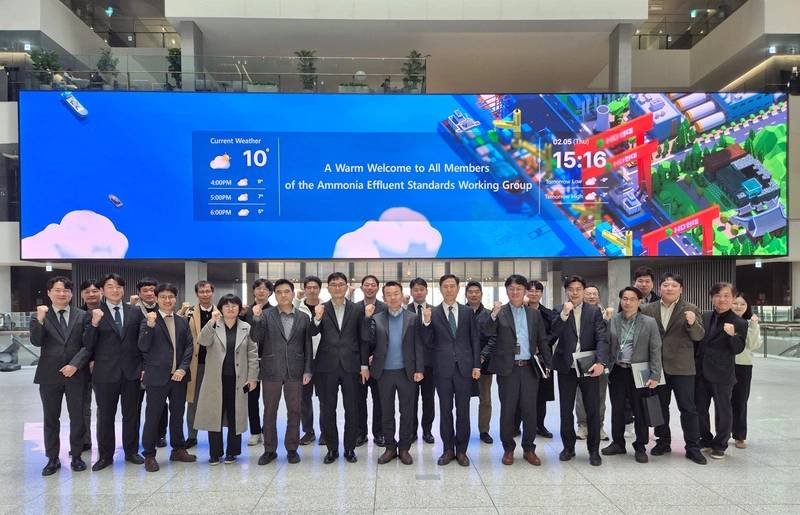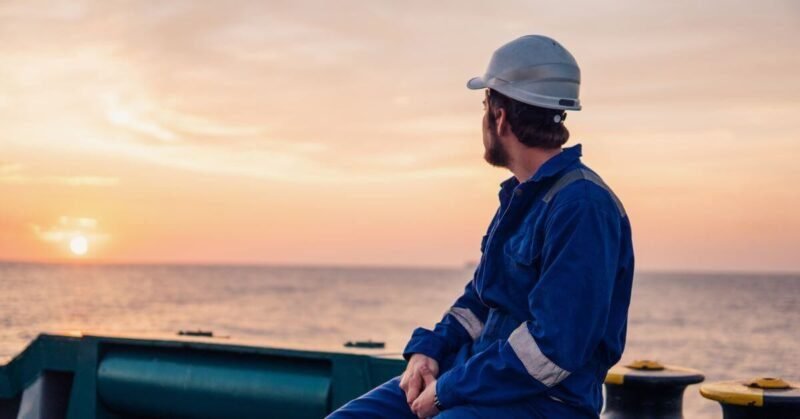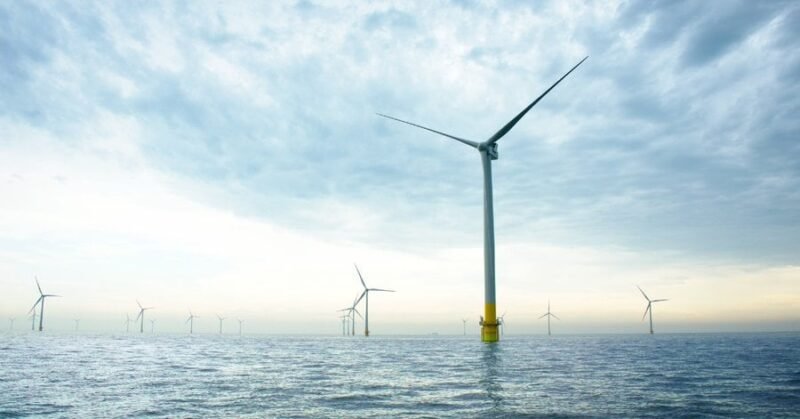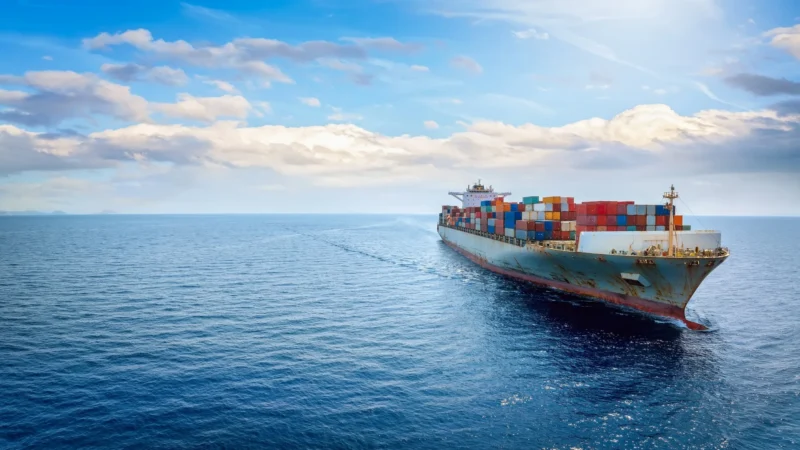A recent report has raised concerns about a potential “feasibility wall” that could hinder the progress of green corridors in the shipping industry. The lack of policies to address the cost of transitioning to zero-emission fuels has been identified as the primary bottleneck in implementing sustainable shipping practices. The initiative to establish green corridors gained momentum at the UN’s COP 26 event in November 2021, with 22 nations pledging support for net-zero corridors.
The Annual Progress Report on Green Shipping Corridors 2024, released on November 19, highlighted a 40 percent increase in initiatives seeking to launch green corridors globally. The report showcased the successful demonstration of green corridors in the Baltic region, with Viking Line running ferries fueled by liquid biogas. The report emphasized the importance of advancing these initiatives to serve as blueprints for future green corridors worldwide.
The report emphasized the crucial role of green shipping corridors in accelerating zero-emission shipping and called for collaborative efforts between industry and national governments to address the cost challenges associated with sustainable energy sources. The groups behind the report warned that without urgent action from governments to bridge the cost gap, the development of green corridors could be significantly limited. They also highlighted the need for national governments to support the adoption of alternative energy sources like hydrogen-based fuels to drive the decarbonization of the maritime sector.


